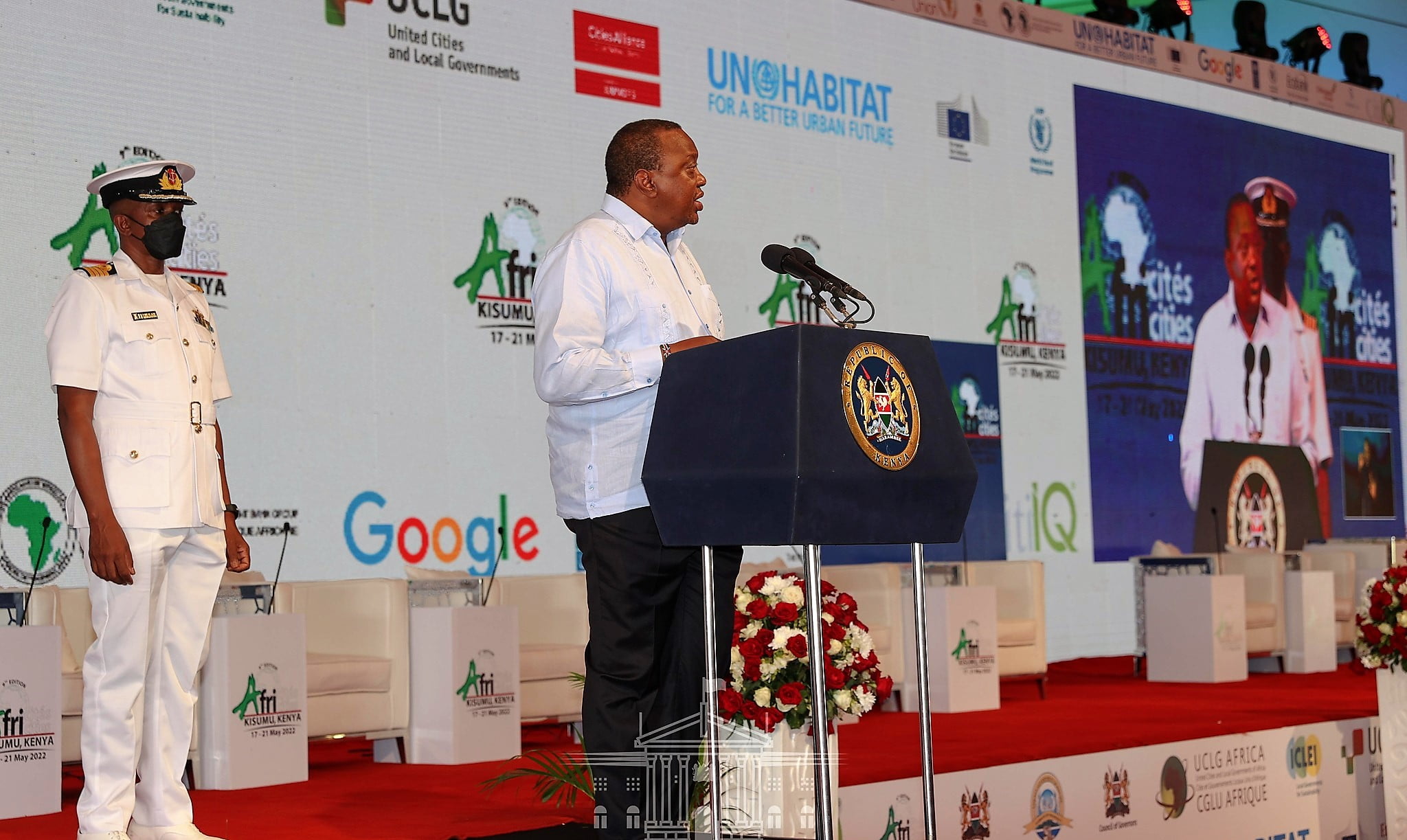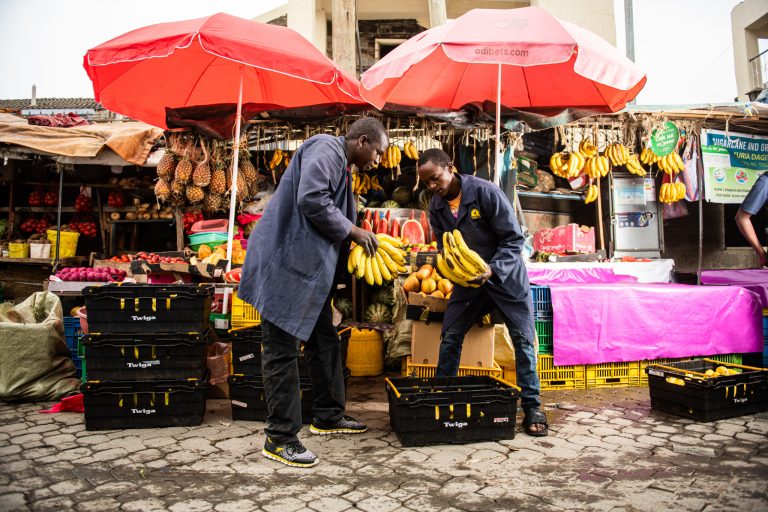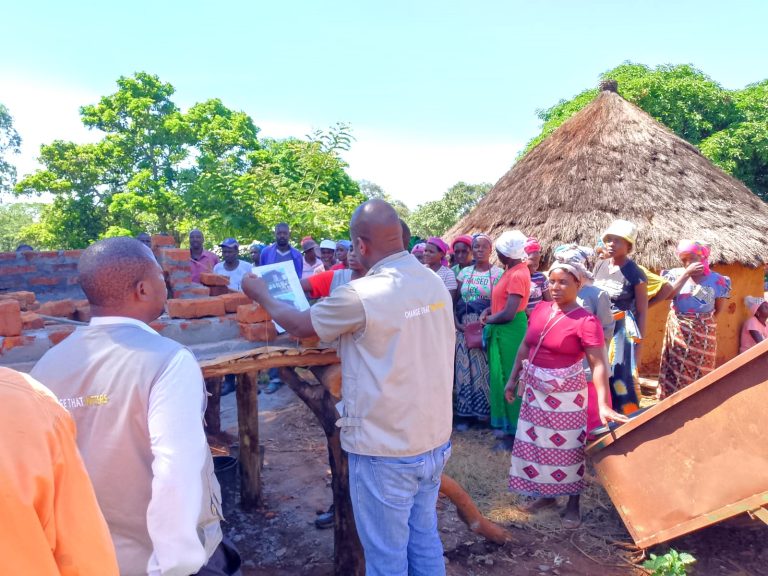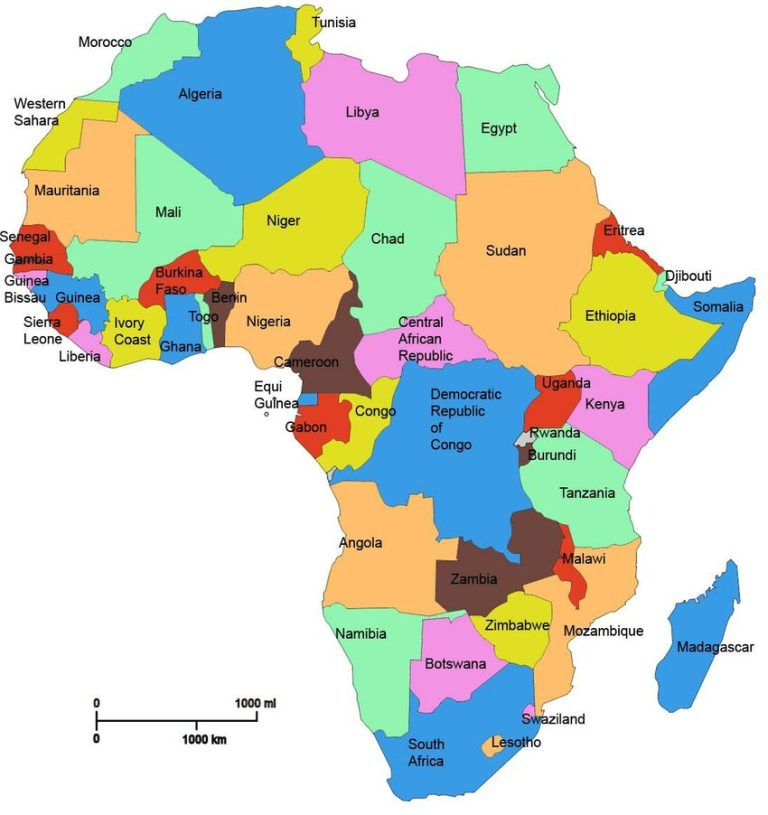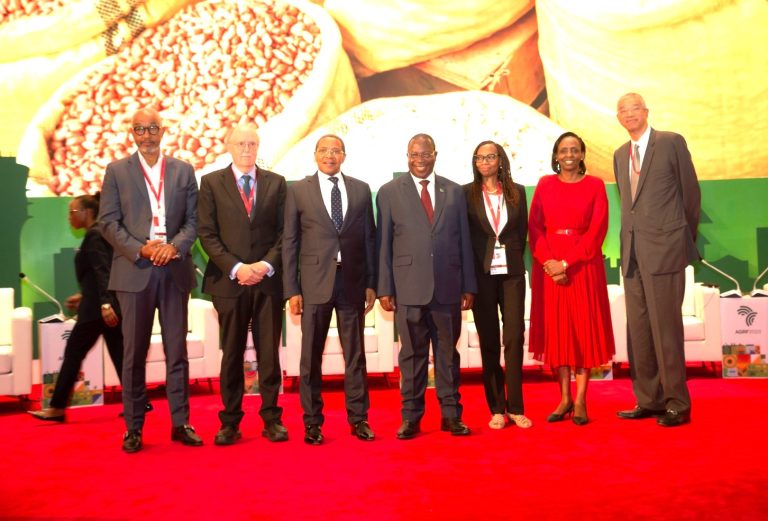About 8000 delegates comprising African ministers, leaders and elected officials of local and regional governments, civil society organizations, development partners and other stakeholders joined the 9th Africities Summit that was held in Kisumu city.
During the 5 days of the conference, discussions were held around the Summit’s theme: “The role of intermediary cities in Africa in the implementation of the United Nations 2030 Agenda and the African Union Agenda 2063”. This was the second time Kenya was hosting this summit and the first time the summit was held in an intermediary city in line with the theme.
President Uhuru Kenyatta in his speech during the opening ceremony called on the participants to make it a questioning forum for the summit to be successful. He proposed a 12-point questioning framework based on how national central governments can support the mobilization of resources to unlock effective service delivery in intermediary cities.
On the sidelines of the summit, Food and Agriculture Organization of the United Nations (FAO), United Cities of Local Governments (UCLG), and several organizations including UN-Habitat, co-organized a thematic session, Feeding Intermediary Cities- Promoting Sustainable Urban Food Systems. The session discussed the real challenges facing urban and local food systems including the double burden of undernutrition as well as overweight and obesity. Unless action is taken, those problems are likely to be exacerbated due to the very high growth of urban populations in Africa.
FAO advocated for African countries to integrate in their development blueprint policies that promote sustainable urban food systems where participatory governance provides a key instrument linking national and local government strategies to address urban food challenges. FAO representative to Kenya Carla Mucavi said continental states needed to formulate policy frameworks that champion innovative approaches to food and nutrition security systems within the intermediary cities. She pointed out that putting urban food systems on a sustainable path requires the adoption of collaborative interventions.
“Given the challenges intermediary cities in Africa face with the upsurge in population, it is necessary for countries to redefine their policies towards the realization of sustainable urban and local food systems,” Mucavi said.
The reform of urban and local food systems and shifts in urban and peri-urban food preferences and diets will have an influence on what is produced and how. Therefore, they can be leveraged through policies and programmes to promote more sustainable production processes.
FAO’s main initiative on urban food systems – the FAO Framework for the Urban Food Agenda – has been adopted by FAO’s intergovernmental committees and it is currently implemented through several projects including in Kenya, focusing on Kisumu and Nairobi. The projects seek to leverage local government action for ensuring sustainable food systems and improved nutrition.
Speaking during the session, Dr. James Nyoro, Kiambu County Governor who chairs the agriculture committee at the Council of Governors (CoG), and who was a guest speaker during the side event, called on agricultural stakeholders to practically get involved in providing solutions to challenges related to urban food systems transformation. He mentioned that the expansion of cities and the increase in the opportunity cost of land will put pressure on urban and peri-urban agriculture as urban expansion will compete for land and water resources with urban and peri-urban food production. Therefore, Nyoro pointed towards more investments in modern farming methods such as greenhouses to promote peri-urban agriculture.
Considering that, the level of urbanization in Africa and at the global level is increasing and that 70% of food is consumed by urban inhabitants, food systems transformation is increasingly becoming an issue tightly related to urban food systems transformation. “We have to get a way for the urban population to access food in an affordable way and ensure we have some production in the urban centres and peri-urban areas,” he said.
According to FAO, it is projected that Africa will continue to have the fastest urban growth in the world. Currently, 472 million people live in African cities and this number is expected to grow to 810 million people by 2035 and double by 2050.
This rapid urbanization has implications for urban areas and also national food systems. As cities grow, urban food demand will shape national food systems in Africa.
During the conference, beneficiaries from FAO projects exhibited their products at the FAO exhibition booth. Youth and women showcased key innovations towards increasing food and nutrition security, creating employment, and increasing incomes. These innovations include micro gardens technologies for urban food production, vermiculture for food waste management, circulatory aquaculture system, chicken and vegetable value addition. The exhibition showcased the outcome of trainings offered by FAO in partnership with County governments to improve capacity of communities and small enterprises in addressing food security and nutrition in urban areas.


